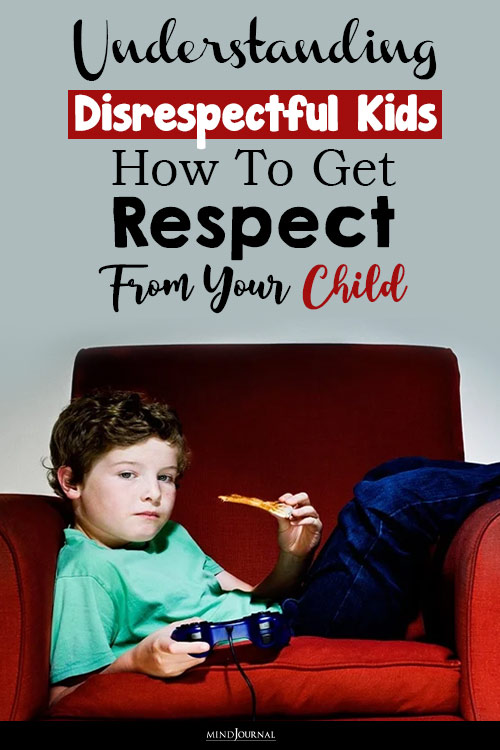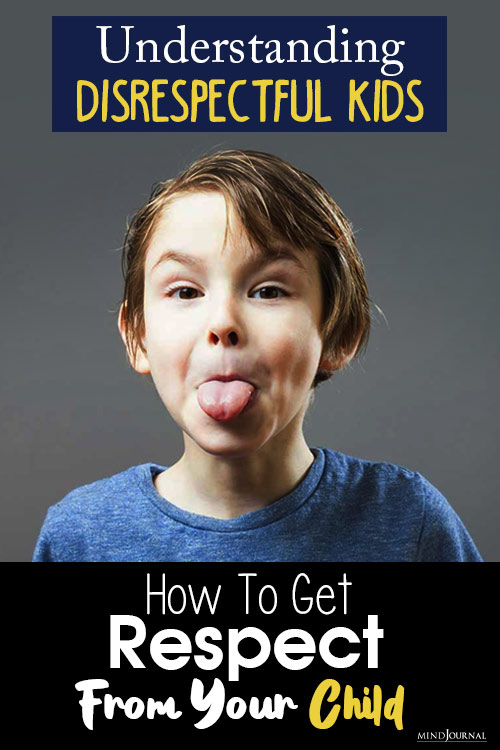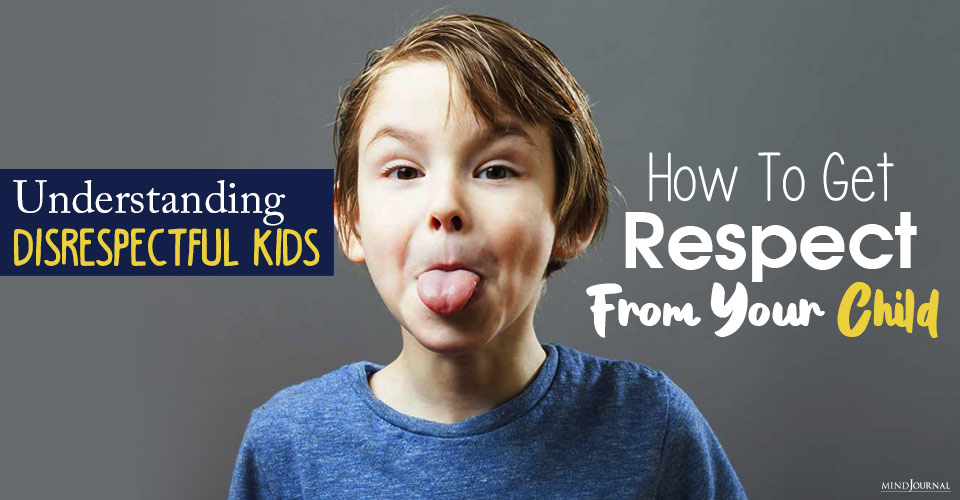Do your kids disrespect you? Whatever Happened to Respecting Your Parents? Nowadays, “Honor thy father and mother” is just a suggestion. Here’s how to get respect from your children?
Respecting Your Parents
Inside the Reconnection Club, my online school for parents of estranged adult children, a member recently posted this comment:
“As a Baby Boomer, I was raised to respect our elders. Now I hear ‘Respect has to be earned.’”
I often hear variations on that lament from estranged parents, and understandably so. They’re confused and frustrated with their adult children’s apparent disregard for the basic rules of social conduct that the parents learned when they were children… and could have sworn they passed along.

It’s especially confusing when we realize that, in reality, respect has always had to be earned. But in the olden days, we showed respect even when we didn’t feel it, and when it hadn’t been earned through respectable behavior.
The question of respecting parents (“Honor thy father and thy mother,” in Biblical terms) arises in part because of the ever-present confusion in our society between behavior and emotion.
Is respect something we do? Or is it something we feel?
Related: How To Build Resilience In Children Who Have A Low Tolerance For Frustration
The Appearance Of Respect
It may or may not be obvious that respect can be both an action and a feeling. And lately, the two go together more than they used to.
In the past, we demonstrated respect for adults through language like “sir” and “ma’am.” We avoided speaking the truth if the truth might make the adult look or feel bad. Both children and adults showed respect for our elders, whether we actually respected those people or not.
Surely you remember thinking, even as a child, that certain adults didn’t seem entirely worthy of respect – from you or anybody else – because of their behavior. Yet you were polite to them because that was good behavior, and you wanted to be good.
In those days, outwardly respectful behavior toward elders was expected both at home and at school, and the message was consistent. With the exception of Rodney Dangerfield, adults who didn’t earn your respect through their behavior received (at least the appearance of) it anyway.
But respect, as a feeling, has always been earned. We can make ourselves act respectful toward our parents and others. But we can’t make ourselves feel respect if we don’t already feel it. Those of us who are very lucky both love and respect our parents. It feels wonderful to do so. Most children want to respect their parents, even if they don’t always manage it.
Today’s Youth And Respect
The difference in respect nowadays is not in the internal feelings of younger adults and children. It’s in their behavior.
For a variety of reasons, respectful behavior toward parents seems to be optional now for young adults in the U.S. They can get plenty of what they need without offering respect in return.
This can be infuriating to their parents, from whom young adults are freer than ever to estrange themselves – adding injury to insult. (Yes, that is what I meant to say.)
Related: How To Build Resilience In Children Who Have A Low Tolerance For Frustration
How To Get Respect From Your Child(ren)
This new reality suggests that the best way for parents to receive respect from their adult children is to first practice respect for themselves and others, rather than relying on the child to initiate.
This isn’t a new idea. Confucius advised, “Respect yourself and others will respect you.” Meaning that self-respect, and not just elder status, is required if you want the genuine goods.
Ralph Waldo Emerson came at it from the angle of being the change you wish to see in the relationship. He said, “Men are respectable only as they respect.” He was referring to the Golden Rule of treating others the way you would have them treat you.
Thomas Paine agreed: “Give to every other human being every right that you claim for yourself,” he said. This goes beyond respect to dignity, understanding, the benefit of the doubt, etc.
It’s easiest for parents if their kids show them respect, without the parents having to demand it. But when that doesn’t happen naturally for whatever reason, demanding respect is a sure way not to receive it.
Instead, follow the advice of the great thinkers who came before us. Be the change you wish to see in your relationship with your child. At the very least, make sure to respect yourself first.
Please share this article with anyone who you may think will find it valuable and helpful.
Written by: Tina Gilbertson, LPC
Originally appeared on: Psychology Today
Republished with permission










Leave a Reply
You must be logged in to post a comment.